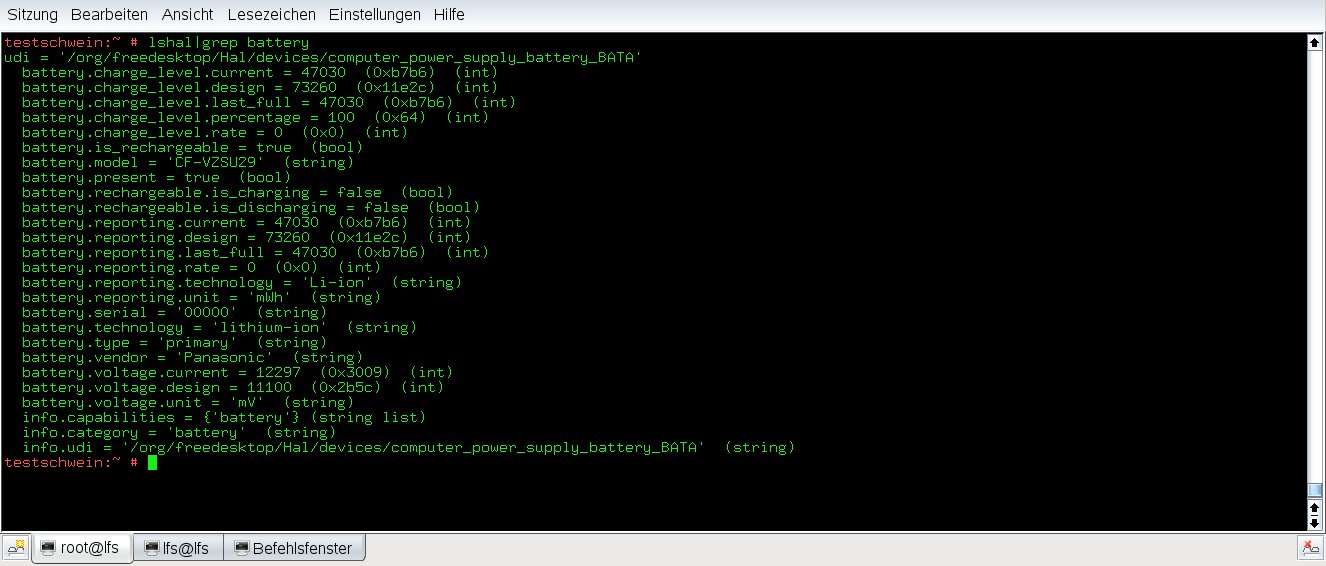There is some work going on to put installation source creation functionality into kiwi.
At the moment kiwi can use prepared installation sources such as:
- BuildService Repositories
- mounted DVDs
- FTP trees
But what if you have a local Build Service building some binary only packages and you wish tp make a installable media set from, say, “SLES + binary only drivers”?
You can use the inter-BS-Connectivity feature to only build the drivers (and not the whole distribution) in your BS and then create an installation source from your main BS project.
This is possible since release of the package kiwi-instsource which extends the functionality of the config.xmlfile to allow the compilation of an installation source from scratch.
Hereby “scratch” means directories containing .rpm and .spm files. Of course some information must be provided for the metadata creation — but this is also all in the config file (with one known exception — the PDB data).
The rest is figuring out which packages must be on the installation source.
Since it is perfectly ok to have conflicting packages in instsources, there is no dependency check or package resolving in this stage. The information must come from the user.
Therefore the package list may become rather long and I already plan to implement some simplification.
These plans include:
- allowing more than one <repopackages> section
- implement outsourcing blocks in separate files using XML functionality
